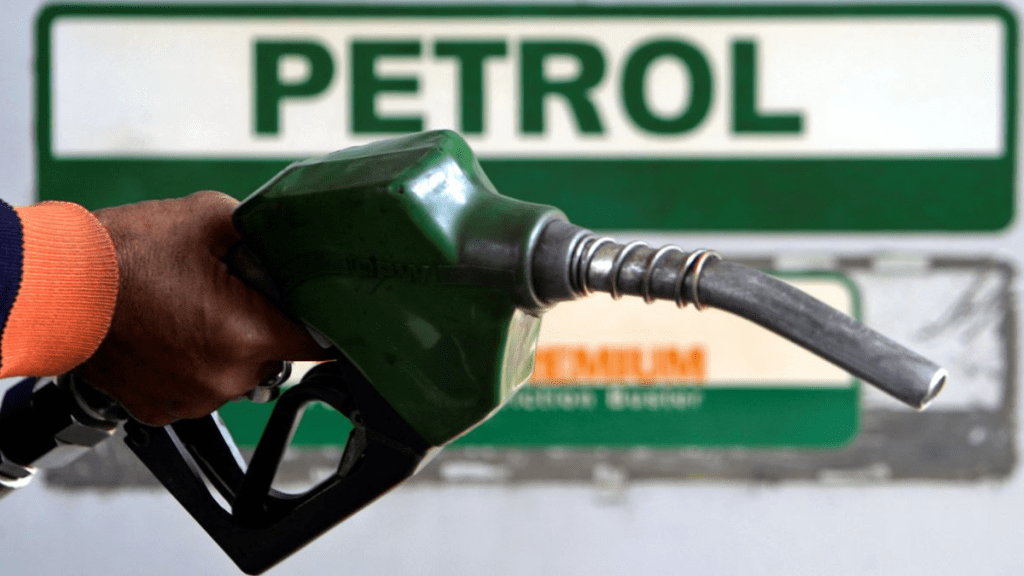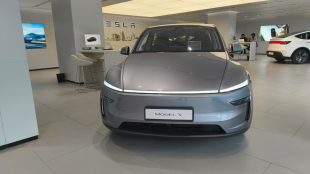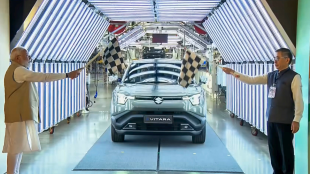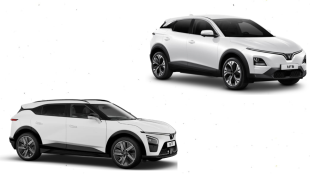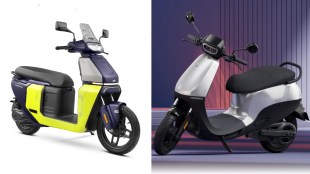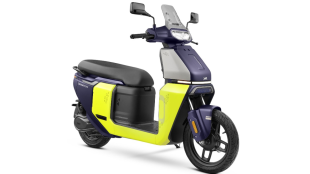Ethanol and petrol go hand in hand, or do they? Not really, as many E20 users (petrol with a 20% ethanol mix) have reported a drop in mileage and performance. According to a survey by LocalCircles, two-thirds of the population are against the government’s move to mandate ethanol-blended fuel.
This may seem like a sudden protest against cleaner fuel, right? Actually, no. The results of using E20 are evident in the longer run, and it’s about time people voice out their opinion, as many feel that finer details were hidden.
Why is there a mileage drop with E20?
To understand why there is a drop in mileage, one needs to understand how petrol works. Petrol has a high energy density, meaning it produces a lot of energy when burned.
When you compare ethanol to petrol’s energy density, it’s almost half. So when you blend the two, the ethanol robs the density from petrol, leading to lower energy density overall, thus affecting the mileage of the car.
Not only this, but owing to lower performance, one tends to extract more power from the car, pushing the revs higher to do the same job, and this has a severe effect on the mileage of the car. The petrol-ethanol mix makes the fuel supply leaner, and the engine has to work more than it would with regular petrol, and this affects not only the mileage, but the performance of the vehicle as well.
How are older cars affected by ethanol-blended petrol?
Older cars are not designed to run on ethanol-blended petrol. They need as much energy as they need from petrol, and when you starve the engine, it will lead to serious long-term damage. Also, the engines are not designed to run on ethanol-mixed petrol.
When E20, for example, is filled in a BS4 vehicle, it can corrode the fuel tank if it’s made of metal. These corroded particles can either ruin the fuel pump, or if it passes the pump, it can ruin the fuel injection system, and if it passes through that, it can scar the cylinder walls.
Moreover, the ethanol-mixed fuel does not have enough energy density to extract optimal performance from these engines. This will also cause the engines to knock, and when this happens, it causes long-term damage to the engine. So, in this case, a low ethanol mixed fuel is ideal, or the more expensive 100 octane is the safest for the engine.
On the whole, a 100-octane rated petrol is the safest bet for any BS rated vehicle in India. This contains no percentage of ethanol and is designed to offer maximum performance, but a cost — Rs 160 per litre. The most safest bet is to go as per what the OEM recommends, as the vehicles are designed in such a manner.
